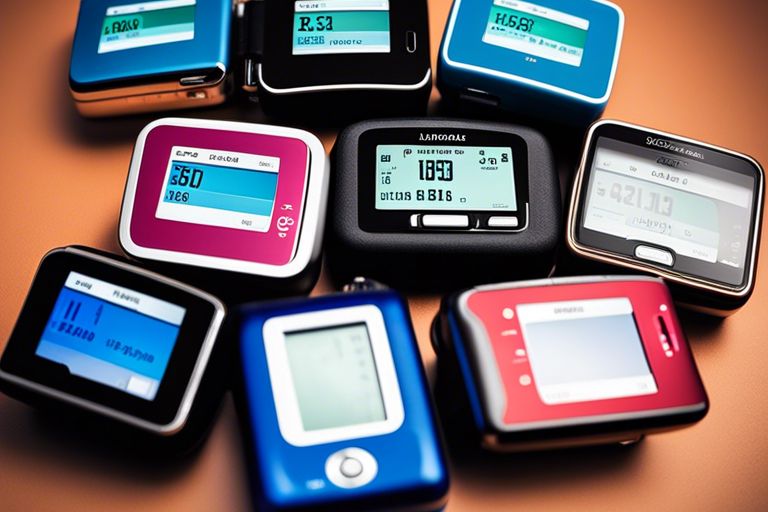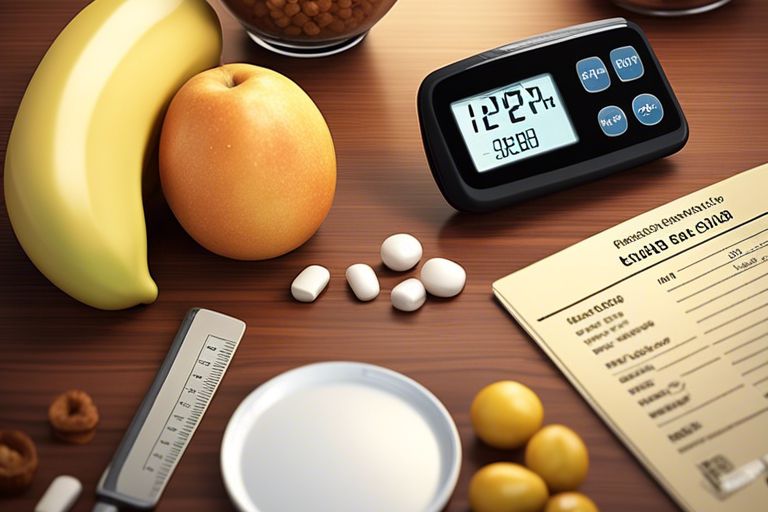What are Ketones?
Ketones are chemicals that your body produces when it breaks down fat for energy. Normally, your body uses glucose as its main source of energy. However, when you have type 1 diabetes, your body is unable to produce enough insulin to properly regulate your blood sugar levels. As a result, your body starts to break down fat for energy instead, leading to the production of ketones.
Why are Ketones Dangerous?
While ketones are a natural byproduct of fat metabolism, having high levels of ketones in your blood can be dangerous, especially for individuals with type 1 diabetes. When ketone levels become too high, it can lead to a serious condition called diabetic ketoacidosis (DKA).
DKA occurs when there is a lack of insulin in the body, causing blood sugar levels to rise. As a result, the body starts to break down fat for energy, leading to the production of ketones. High levels of ketones can cause the blood to become acidic, which can be life-threatening if not treated promptly.
Signs and Symptoms of Ketones
It’s important for individuals with type 1 diabetes to be aware of the signs and symptoms of ketones. Some common symptoms include:
- Excessive thirst
- Frequent urination
- Abdominal pain
- Confusion
- Difficulty breathing
If you experience any of these symptoms, it’s important to check your blood sugar levels and ketone levels. If your ketone levels are high, it’s crucial to seek medical attention immediately.
Preventing Ketones
There are several steps you can take to prevent the production of ketones in type 1 diabetes:
- Monitor your blood sugar levels regularly and adjust your insulin dosage as needed.
- Stay hydrated by drinking plenty of water throughout the day.
- Eat a balanced diet that includes carbohydrates, protein, and healthy fats.
- Exercise regularly to help regulate blood sugar levels.
- Seek medical attention if you notice any signs or symptoms of ketones.
Managing Ketones
If you have high ketone levels, it’s important to take immediate action to bring them down. Here are some steps you can take:
- Drink plenty of water to stay hydrated.
- Check your blood sugar levels and adjust your insulin dosage as needed.
- Contact your healthcare provider for further guidance.
It’s important to remember that ketones can be dangerous, especially for individuals with type 1 diabetes. By understanding the signs, symptoms, and prevention methods, you can effectively manage ketones and reduce the risk of developing diabetic ketoacidosis.




